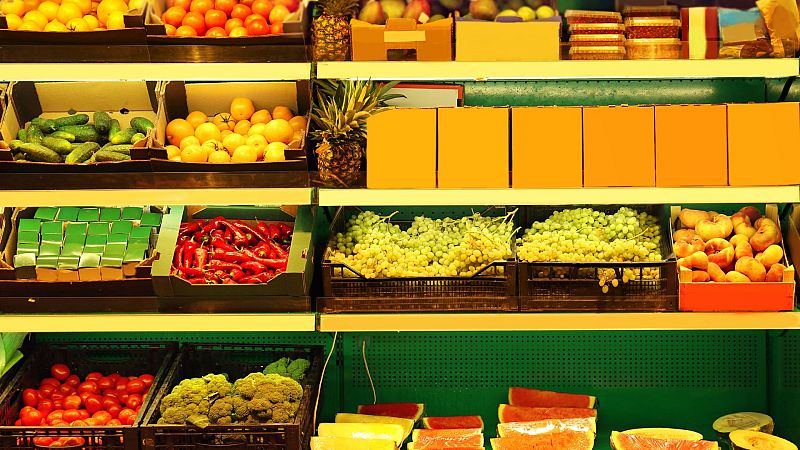UK Shoppers Face Soaring Fruit and Veg Costs from Non-EU Imports

Various veggies and fruits brought into the UK from beyond the EU might see price hikes after UK Prime Minister Keir Starmer vowed to sync the nation's food and beverage import rules with those of the European Union.
This might affect produce like pineapples, avocados, oranges, and mangoes, along with commonly used items such as tomatoes.
Based on information from the Fresh Produce Consortium, roughly 5% of fresh food items undergo inspection at present.
Currently, the European Union has stricter import regulations compared to what’s already enforced in the UK. As a consequence, the UK might face an increase in bureaucratic procedures at their borders, potentially leading to higher prices for imported foods.
Nigel Jenney, the chief executive of the Fresh Produce Consortium, said, as reported by The Telegraph: “Whilst we have resolved the EU border position, we have moved the problem and the cost to non-EU goods. What we have saved on one hand, we have lost on the other.
“Much of this expense or many of these challenges seem to have shifted—pending dynamic realignment—to products coming from international markets.”
Currently, less than 5% of citrus fruits entering the UK undergo inspection, but with this new agreement, that number might increase to 100%. This change could lead to higher expenses and longer wait times.
What goods does the United Kingdom presently bring in from other countries?
The International Trade Centre estimates that nearly one-third of avocados imported into the UK last year originated from Peru, whereas almost 93% of imported pineapples were from Costa Rica.
Approximately half of the UK’s oranges are imported from South Africa or Egypt, while roughly a quarter of their tomatoes originate from Morocco.
The nation additionally brings in onions, lettuce, bell peppers, cucumbers, cauliflower, and broccoli, alongside specialty veggies like yams, all of which might face similar impacts.
European growers of fruits and vegetables haven't been able to step in and fill this gap at the necessary volume. This leaves UK buyers facing few alternatives except absorbing increased expenses and tackling the associated hold-ups.
Even though European farmers might expand their cultivation of crops, particularly citrus fruits, to cater to increased demand from the UK, prices may still go up in the near future.
Likewise, concerns over hold-ups at harbours and extended durations before goods appear on store racks have been raised.
Nonetheless, the UK government has highlighted that this agreement aims to enable both the EU and UK to bypass inspections for various plant and animal products. This development is anticipated to reduce costs for these food items, thereby offering more options to shoppers.
Post a Comment for "UK Shoppers Face Soaring Fruit and Veg Costs from Non-EU Imports"